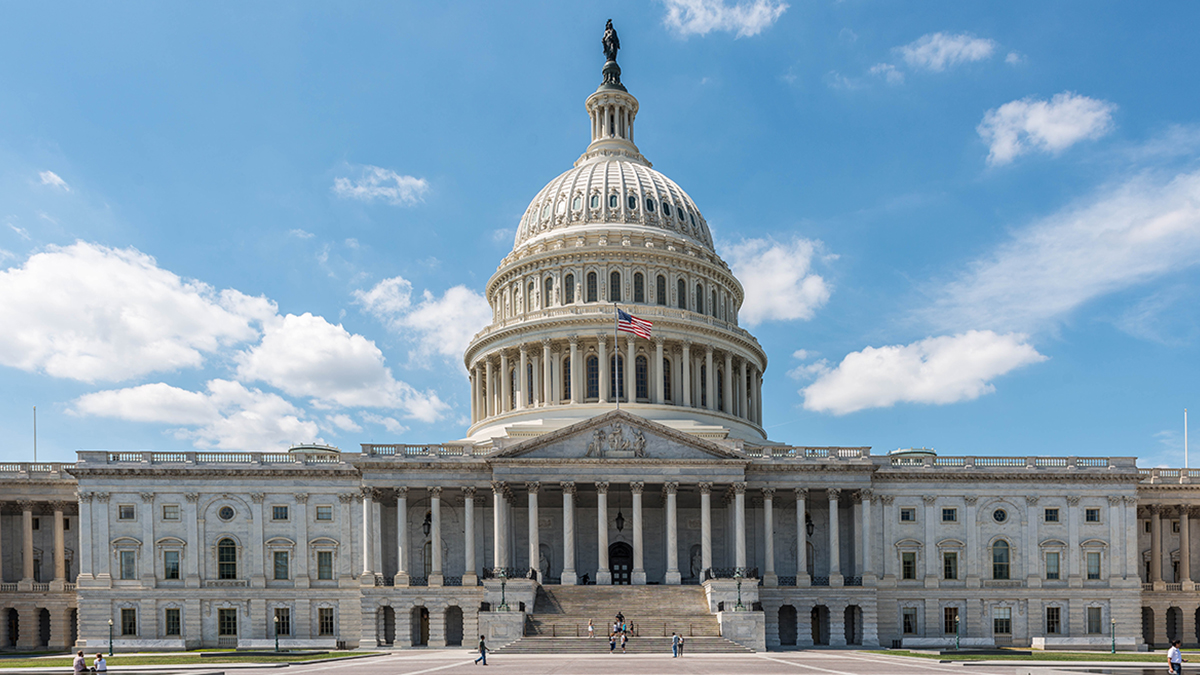White House
March brought continued action from the Administration, with President Biden signing a $1.9 trillion COVID-19 relief plan and announcing plans for another $2 trillion bill focusing on infrastructure improvements and tax increases. With key nominees at Interior, EPA, DOE, and other agencies now confirmed, we are beginning to see a final picture of what Agency leadership will look like for the next few years. On the energy and environment front, the Department of Interior held its first public-facing forum on the federal oil and gas program, where green interests, DOI personnel and industry representatives from API, NOIA and AXPC discussed steps forward. While the Administration has spent a great deal of its initial energy pressuring congress to deliver economic relief related to the pandemic, other policy areas are now beginning to heat up including immigration on the southern border, trade issues with the U.K., EU, and China, and healthcare.
House
The House spent much of March preparing and negotiating provisions in the latest package of COVID-19 relief, as well as continuing to introduce legislation and conduct initial hearings. On the oil and gas front, Democratic staff on the House Natural Resources Energy & Minerals subcommittee recently announced the subcommittee will review a tranche of Democratic bills that aim to “rework the federal oil and gas program”. Expected policy issues of focus are updating the bonding drillers must secure to guarantee oil and gas cleanup, ending noncompetitive leasing, tightening methane oversight, and increasing royalty rates. These efforts as usual will need to secure moderate support in both parties and would be contentious votes in a 50-50 senate.
Senate
The 50-50 senate spent March processing President Biden’s cabinet nominees and negotiating the final passage of the latest in COVID-19 relief. With the confirmation of Deb Haaland to be Secretary of the Department of Interior and Michael Regan to lead the EPA, the Administration has secured two key allies that will be instrumental in enacting Biden’s plans for public lands and the oil and gas industry. The next challenge for the chamber will be negotiating an infrastructure and tax increase bill with a price tag well into the trillions, something that will surely put pressure on moderate Senators of both parties. Just this week, President Biden announced he plans to use tax increases to pay for at least part of the plan, which will likely include:
- Increasing the federal corporate tax rate from 21 percent to 28 percent.
- Raising the tax on Global Intangible Low Tax Income (GILTI) to 21 percent, calculating it on a country-by-country basis, and eliminating the exemption of a 10 percent return on tangible investment abroad (QBAI).
- Imposing a 15 percent minimum tax on corporate book income, which would be levied on a firm’s financial profits instead of taxable income for firms with revenue over $100 million.
- Repealing the Foreign-Derived Intangible Income (FDII) deduction, which incentivizes firms to move intellectual property (IP) into the U.S.
- Providing a tax credit for certain onshoring activity and deny expense deductions on jobs that were offshored.
- Increase corporate tax enforcement.
- Eliminate certain deductions and credits for the fossil fuel industry.





